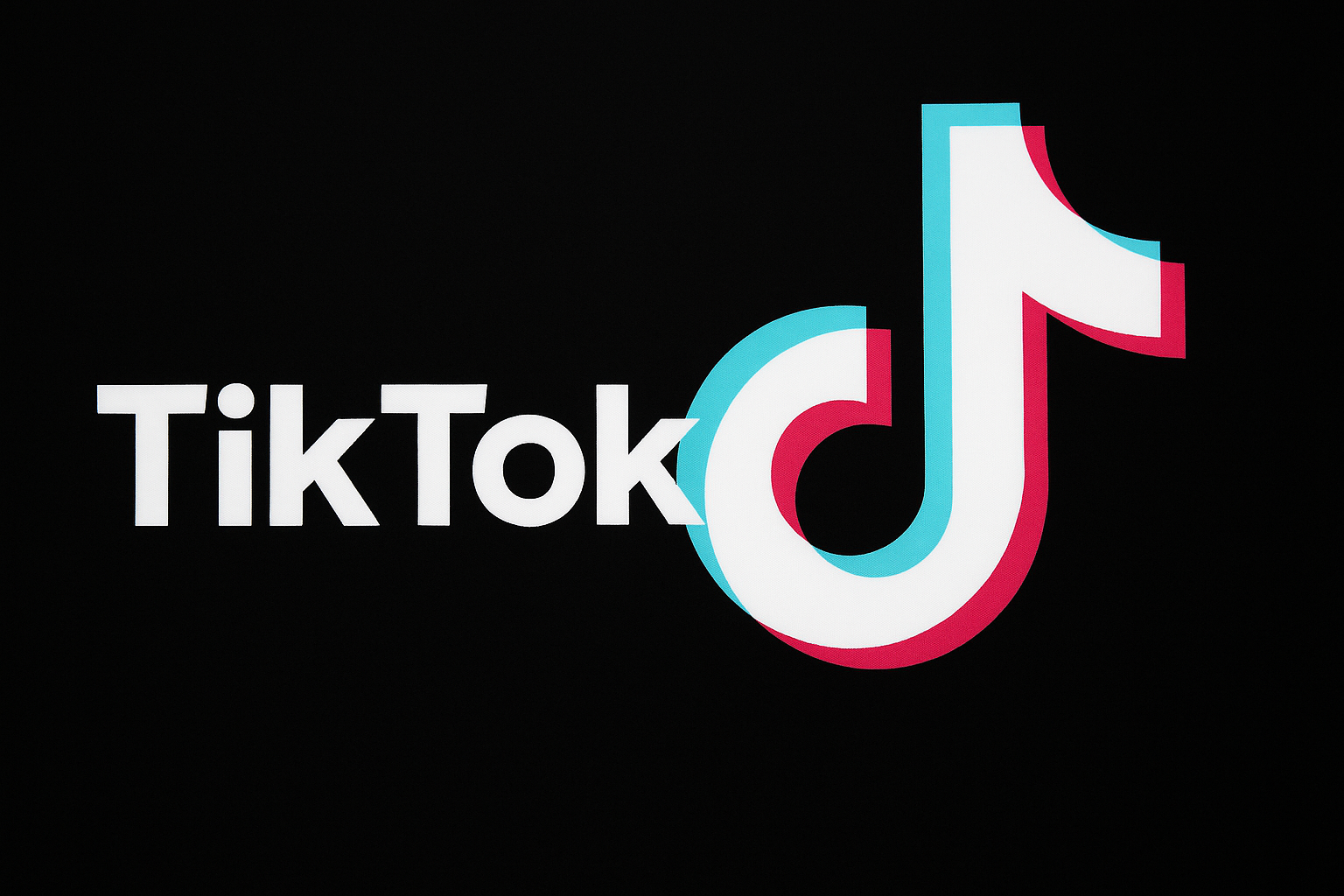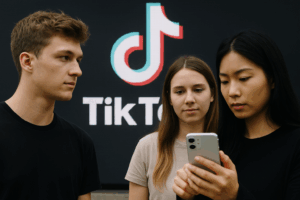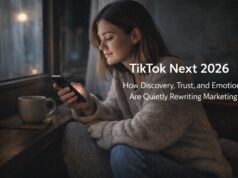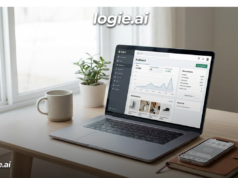What just happened?
On June 19, 2025, President Trump signed an executive order titled “Further Extending the TikTok Enforcement Delay,” officially extending the deadline for TikTok’s “qualified divestiture” until September 17, 2025
In practical terms, that means:
- TikTok stays online in the U.S. The Department of Justice is now barred from enforcing the ban mandated by the “Protecting Americans from Foreign Adversary Controlled Applications Act” (PAFACA).
- App stores (Apple, Google) are safe. They’re shielded from legal penalties for keeping the app available.
- Time is being bought. The administration hopes this window allows for a secure and legally sound sale or restructuring of TikTok’s U.S. operations, under the watch of Vice President JD Vance.
A little history: How did we get here?
PAFACA & TikTok:
- April 24, 2024: Congress passed PAFACA—a law that demands TikTok’s parent, ByteDance (based in China), either divest U.S. operations within 270 days or face a ban
- Deadline set: January 19, 2025.
- January 17, 2025: The Supreme Court affirmed PAFACA as constitutional in TikTok v. Garland
- January 18–19, 2025: TikTok briefly went offline; Apple and Google pulled the app. Trump returned it via executive order, delaying enforcement by 75 days.
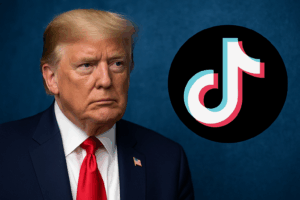
Extensions:
- April 4, 2025—The second 75–day extension came just as Trump introduced tariffs on China. Speculation arose that TikTok’s sale could be tied to a broader trade strategy.
- June 19, 2025 – 3rd and lengthiest extension: a new 90-day pause, now ending September 17, 2025, to allow time for a deal.
Why this matters, and what it means
TikTok’s place in America:
- With over 170 million U.S. users and 7.5 million U.S. businesses, TikTok is woven deeply into American pop culture and commerce
- It’s a go-to platform for creators, artists, politicians—even Trump himself, who’s admitted to having a “warm spot in his heart” for the app.
National security concerns:
- Lawmakers warn TikTok could funnel American user data to the Chinese government or be a vehicle for propaganda.
- Senator Ted Cruz even referred to it as a potent espionage tool, echoing bipartisan concern.s
Political tug-of-war:
- Supporters of the delay (including Trump) argue it buys necessary time for a technical, legally sound sale without disrupting American users.
- Critics see it as overreaching. Some Republicans (e.g., Senators Hawley and Rubio) view it as an unnecessary delay for national security, and others fear Trump may be using tech policy as political leverage.
- GOP frustration is growing—some senators bluntly say “we can’t wait forever,” yet few are challenging the President directly
The deal landscape:
- Bidders reportedly include Amazon, Perplexity AI, AppLovin, Oracle-led coalitions, investors associated with Steven Mnuchin, and Alexis Ohanian
- Structurally, ByteDance might retain a minority stake under a broader U.S.-led consortium.
- However, the whole approval hinges on China’s willingness to agree, something that earlier deals stumbled over because of recent tariffs.
What comes next?
By September 17, 2025:
- TikTok must finalize a deal that meets PAFACA standards, effectively putting its U.S. operations beyond China’s control.
- If no deal is reached:
- The DoJ could begin enforcing the law.
- App stores could be compelled to pull the app and cease support.
Possible roadblocks:
- Legal challenges: Some observers argue that these repeated executive extensions may not align with the letter of PAFACA. That could invite lawsuits.
- Political resistance: Even Republicans who are frustrated with the delay have been reluctant to challenge Trump directly. Scaling up pressure may require legislative fixes or court orders.
- U.S.–China dynamics: China’s climate on allowing a divestiture deal remains uncertain, especially amid tariffs and geopolitical tension
Takeaway: High stakes await in September
- For users: Good news—TikTok continues to operate without interruptions.
- For ByteDance and buyers, finalizing a deal within 90 days is crucial; otherwise, they risk losing access to the American market.
- For lawmakers and regulators, this moment will be defined by balancing urgent national-security demands with potential economic, political, and diplomatic consequences.
In Summary
- What happened: President Trump signed a third extension delaying enforcement of the TikTok ban until September 17, 2025.
- Why it matters: Without a U.S.-approved buyer, TikTok could still face removal from app stores under the PAFACA law.
- Who’s affected: 170 M+ U.S. users, millions of creators and businesses, and potential buyers like Oracle, AppLovin, and others.
- What to watch: Whether ByteDance finalizes a deal in time, and how China responds to any U.S.-led takeover.
- Bottom line: TikTok gets more time for now. But pressure is building. By September, it’s deal or disappear.


